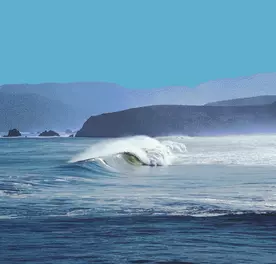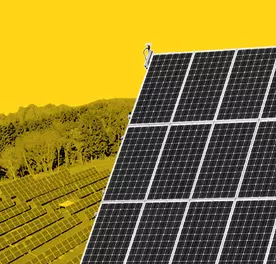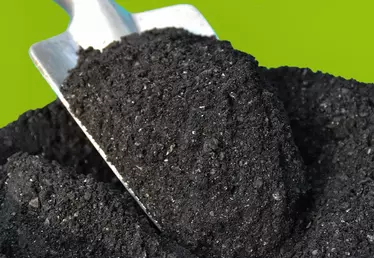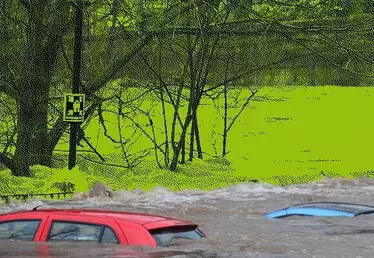
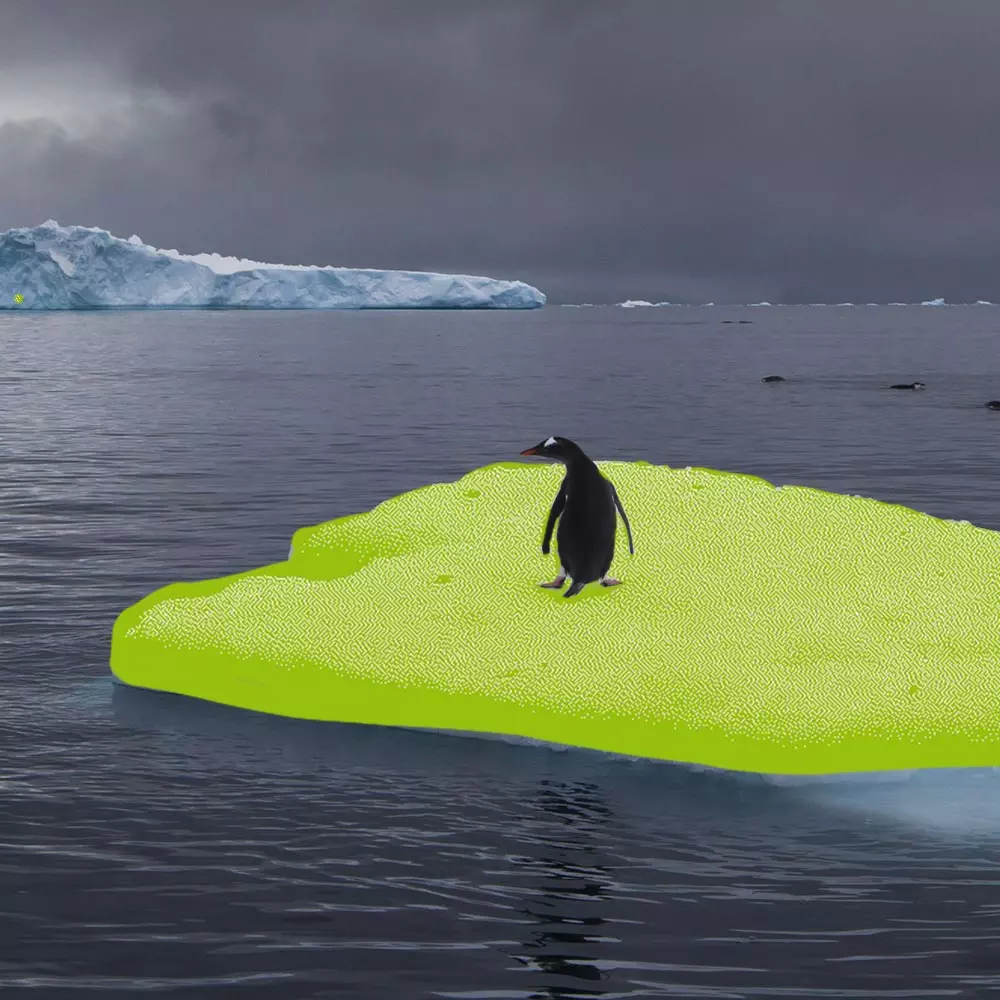
Hero banner custom title
What is “climate anxiety”?
5 min
Have you ever felt anxious or powerless about climate change? You might suffer from a psychological affliction called “climate anxiety”.
Also known as eco-anxiety, or solastalgia*, climate anxiety is the “hidden cost” of the climate crisis. In recent years, this psychological affliction has seen an explosion in prevalence across the globe, from dorm rooms in the US, to the arid farmlands of North-East India. It presents as “negative emotions and distress associated with the perception of environmental degradation” says Professor Susan Clayton, an American leading psychologist in the field of climate anxiety research.
Watching people swim from their flooded homes, and mountainsides burn across the night sky, on screens or in reality, can push people to think about it “so obsessively that it interferes with their concentration... or with their ability to sleep or have fun”. The external destruction is now mirroring internal psychological damage, the long-term effects of which are yet to be seen.
Helplessness
Psychologists have observed a trend in the patients presenting symptoms: they’re young. It appears that one emotion rules the roost: “helplessness,” says Clayton, a feeling that “there’s nothing they can do”.
“Young people feel frustrated and angry because they consider that most people don’t seem to be taking climate change seriously.”
Young people have yet to move up the generational ladder, and play their role in deciding global governmental responses to the climate crisis. Where their parents faced certainty, they now face a catastrophic lack of control. “They feel frustrated and angry because they consider that most people don’t seem to be taking climate change seriously”, observes Clayton. In a global study published in 2021, 75% of 16-25 year olds across ten countries, including the Philippines and Finland, consider the future "frightening“ due to climate change.
Action
Action against anxiety can certainly be a powerful antidote. In more mild cases of anxiety, Clayton recommends becoming “involved with others who feel the same way and can jointly take action to address climate change”.
But in more acute cases, those suffering “first need to manage their emotions”. This can mean different things for different people, “for example, by taking a break from the news, learning to think differently about the issue, and finding ways to cope with stress, such as deep breathing, and walks in the woods”. Against the backdrop of a warped landscape, and the sixth mass extinction, mental resilience is becoming another much-needed tool in the fight against climate change.
*Coined by Australian philosopher Glenn Albrecht, solastalgia is born from the Latin “solus”, meaning comfort in the face of distressing forces, and the Greek root “algia”, describing suffering.
Share it:

